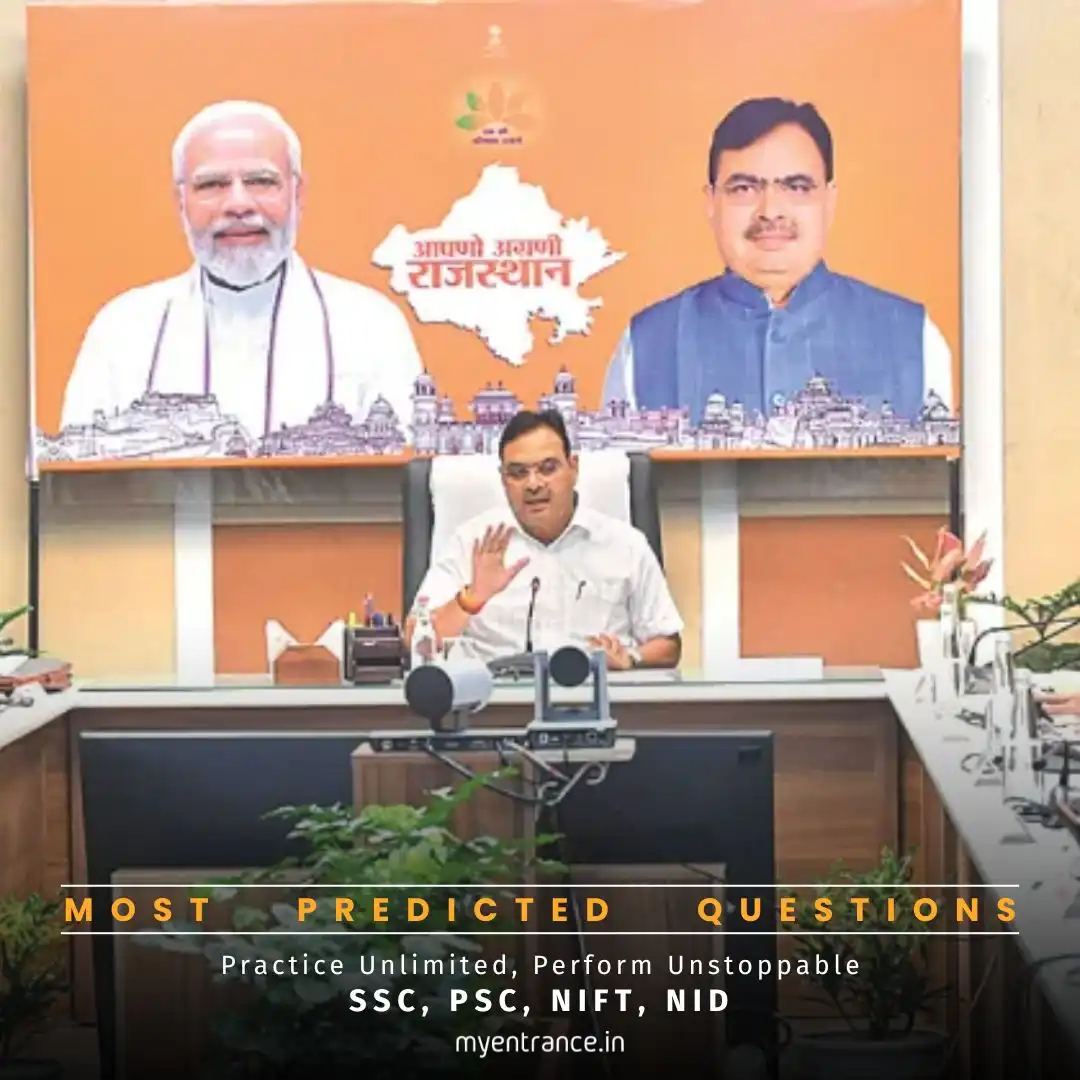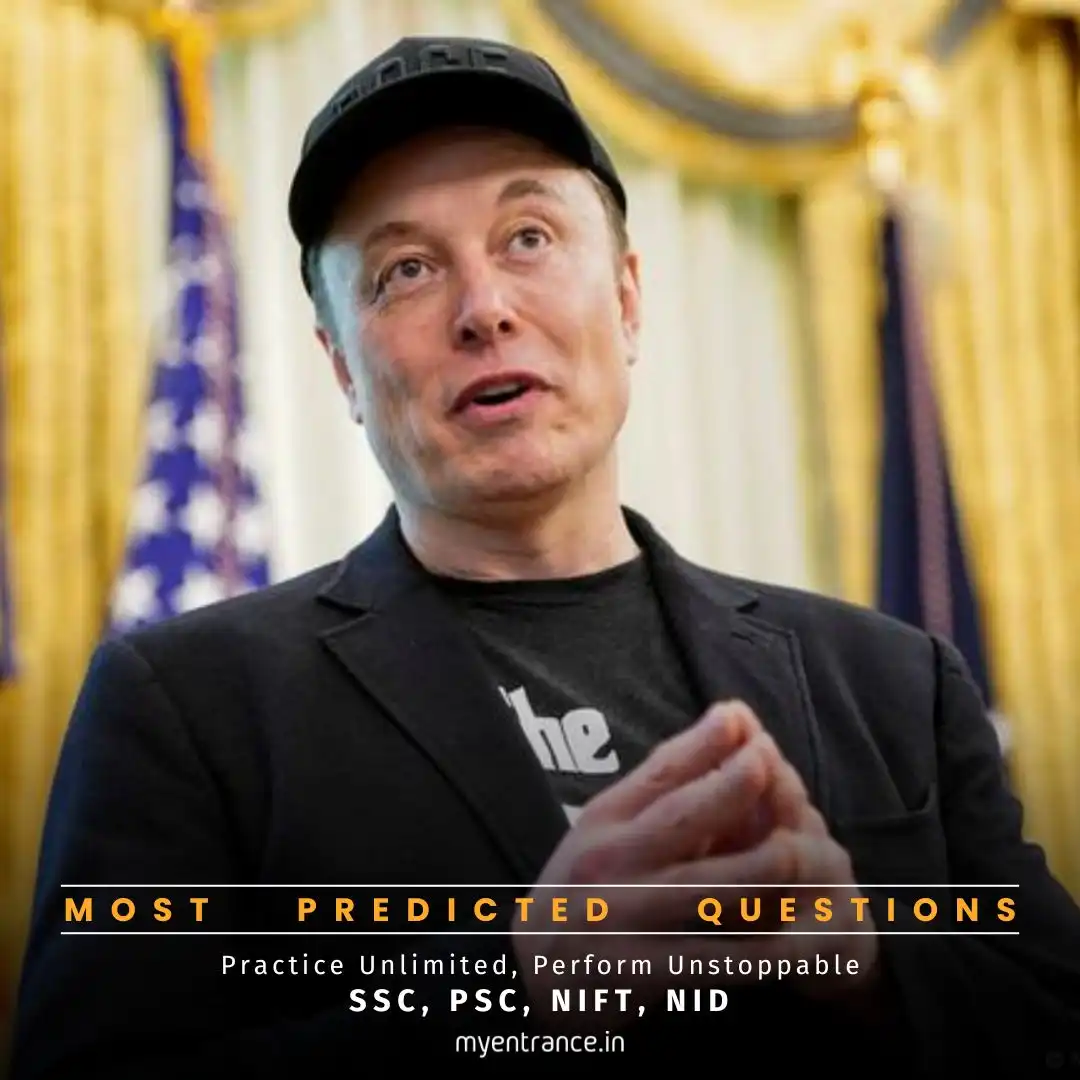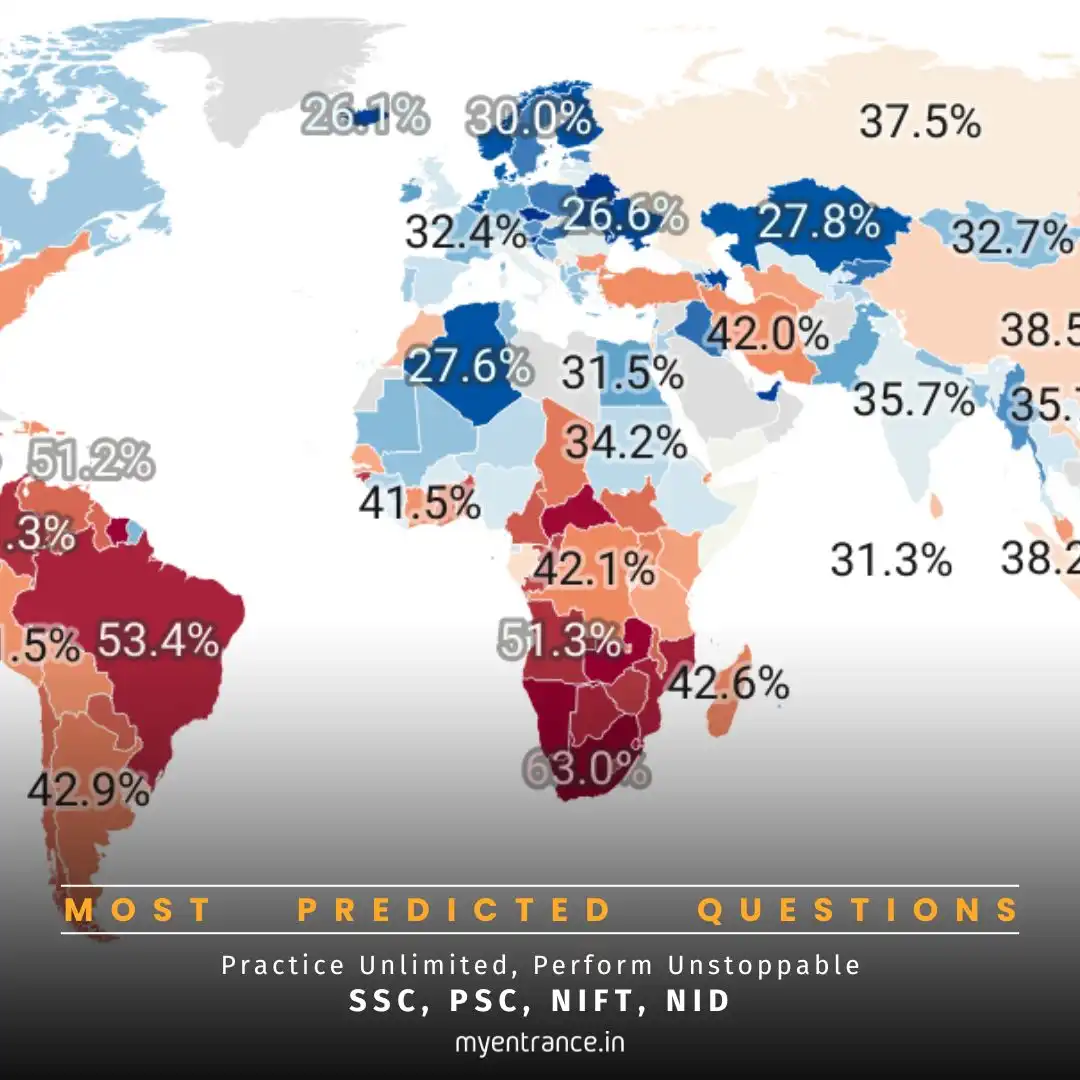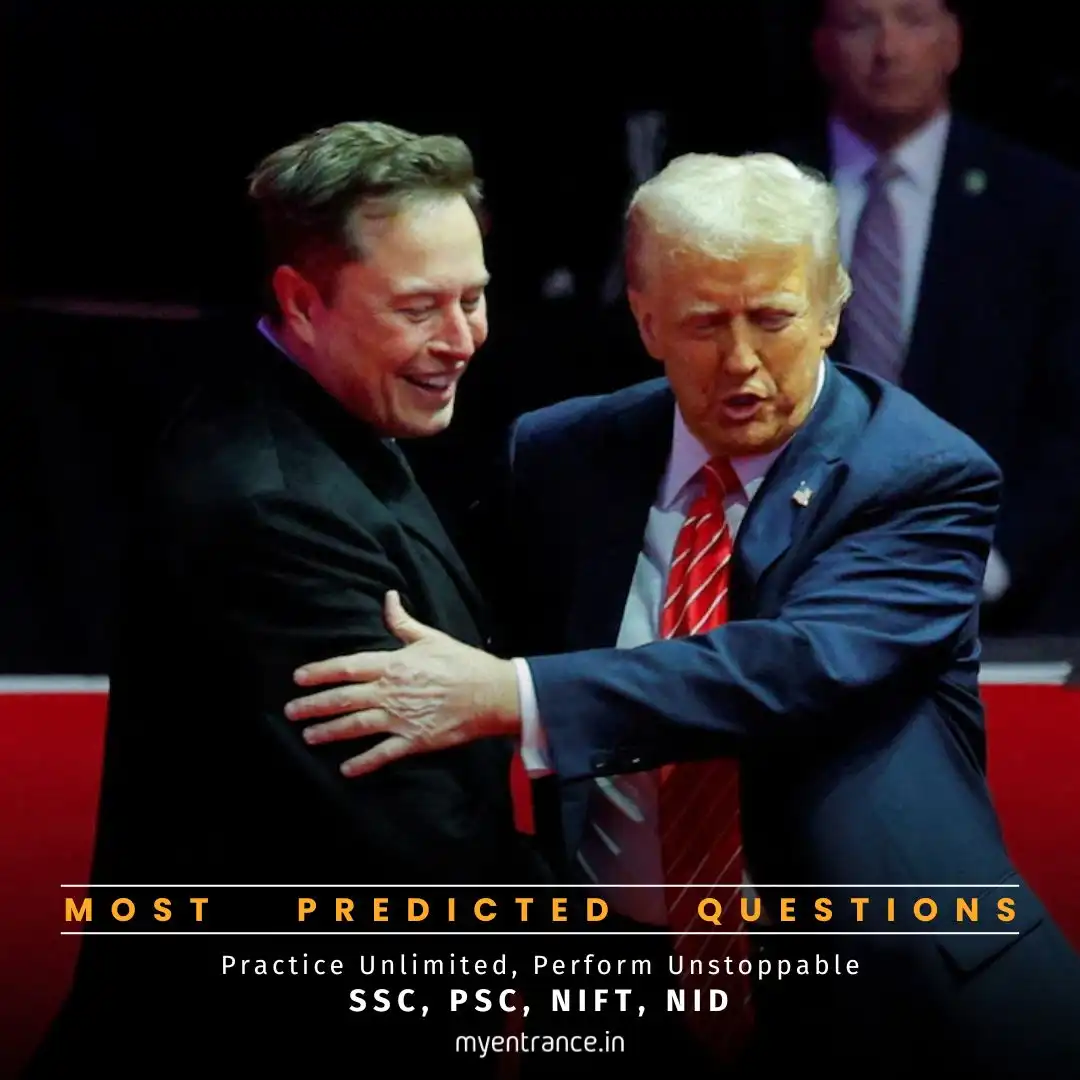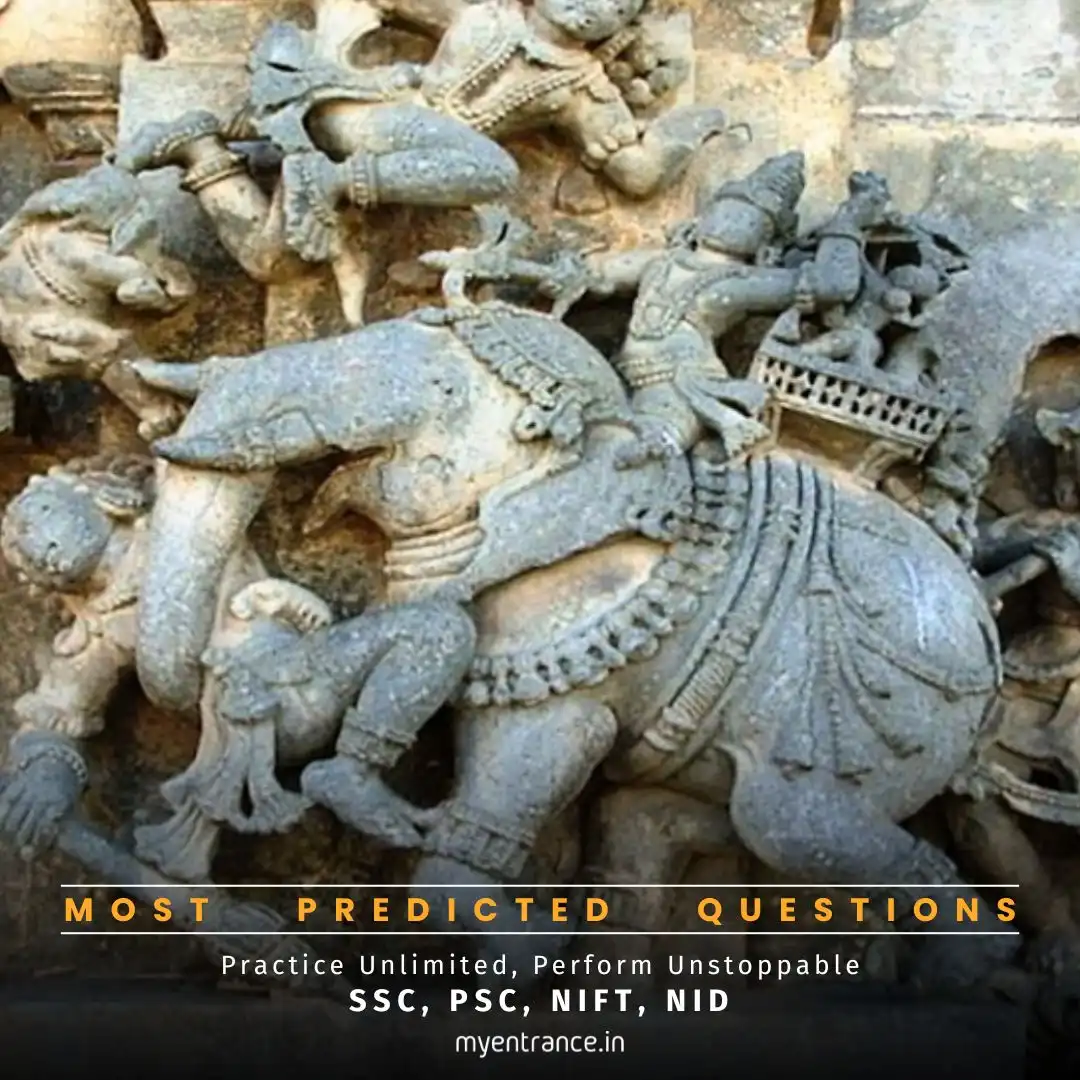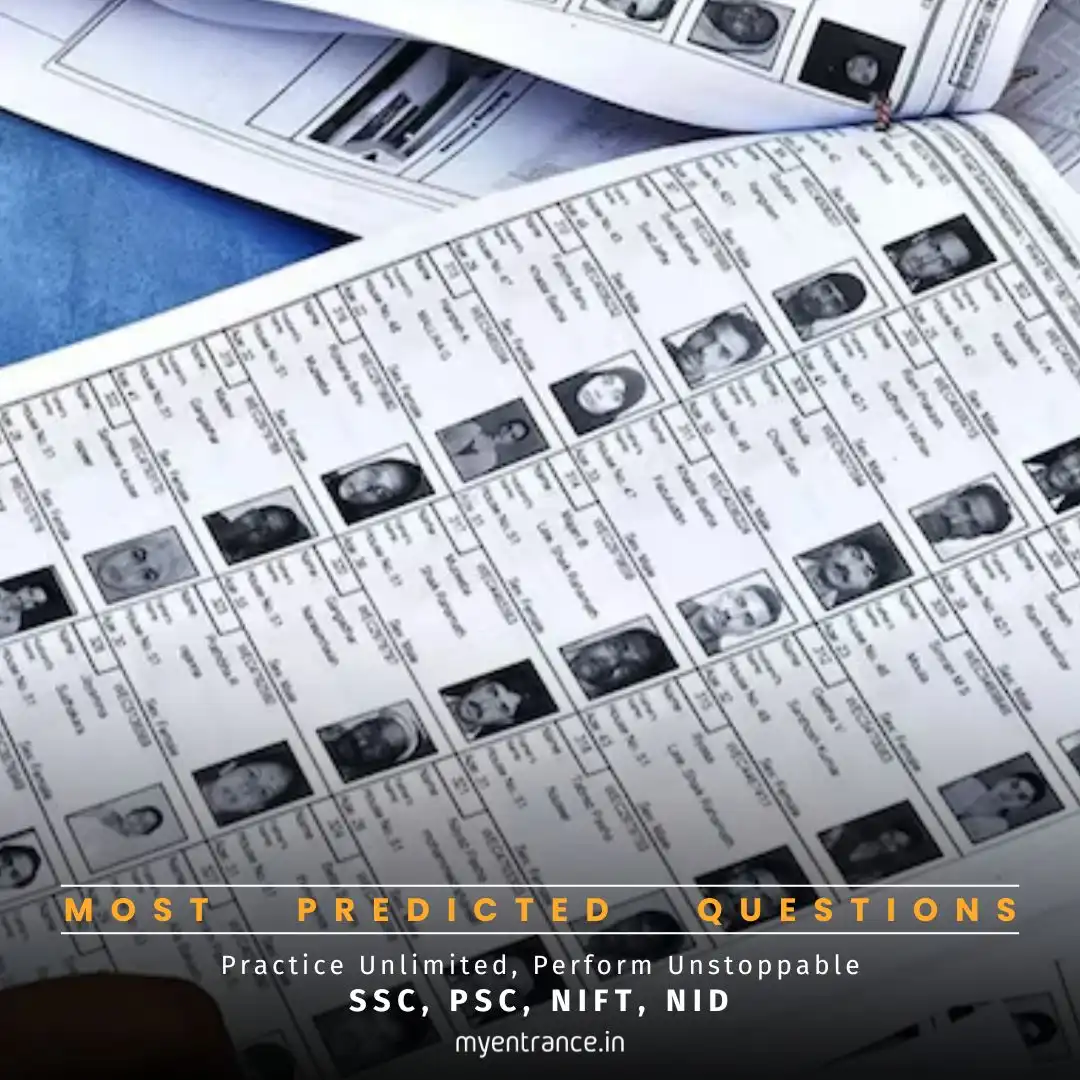Select Language
Will the US “Big Beautiful Bill” Hand China the Clean Energy Crown?
The US just passed the “Big Beautiful Bill Act” (OBBBA), dramatically rolling back support for solar, wind, and electric vehicles. This policy shift contrasts sharply with China’s massive investments in renewables, reshaping the global clean energy race.
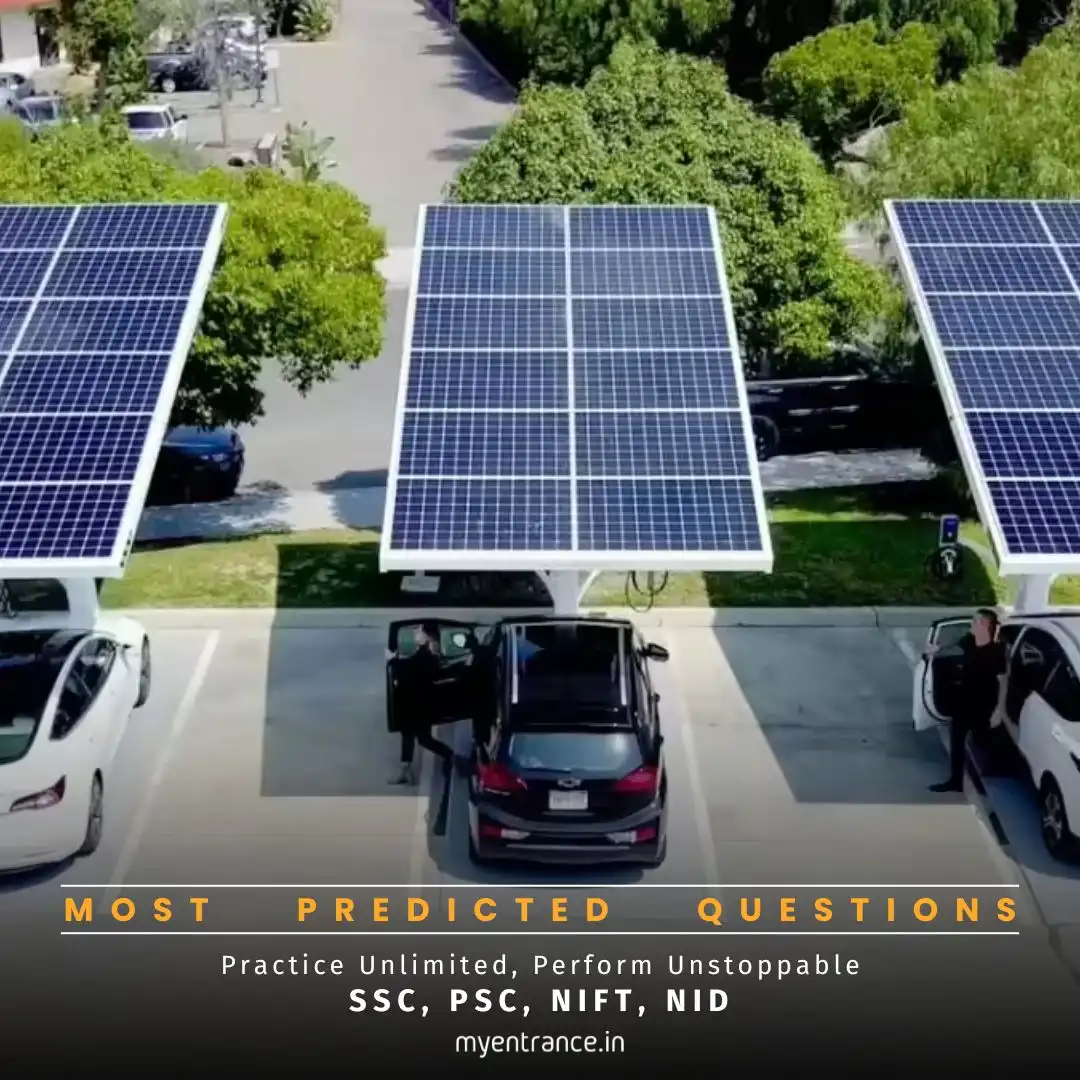
The recent signing of the “One Big Beautiful Bill Act” (OBBBA) by US President Donald Trump marks a major pivot in American energy policy. It dismantles key incentives from Biden’s earlier Inflation Reduction Act (IRA), which had fueled billions in clean energy investments. Instead, the OBBBA:
Cuts Support for Renewables: Reduces federal incentives for solar, wind, and energy storage projects.
Phases Out EV Benefits: Accelerates the end of tax credits for commercial and passenger electric vehicles.
Boosts Fossil Fuels: Lowers royalty rates for oil/gas drilling and expands leasing opportunities on federal lands.
China Charges Ahead: While the US pulls back, China is doubling down on clean energy dominance. In 2024 alone:
China added a staggering 420 GW of new solar and wind capacity.
The US added less than 55 GW (per International Energy Agency).
Though China also added coal power (~100 GW), its renewable investments far outpace the world.
Global Concerns: Experts warn the OBBBA could:
Increase US household energy costs long-term.
Slow down America’s clean energy transition.
Cement China’s lead in critical technologies like batteries and solar manufacturing.
Raise questions about meeting global climate goals.
Industry Reaction: Oil and gas companies welcomed the bill, while critics argue renewables are now more cost-effective than shale oil/gas for meeting rising energy demand.
Why is This Important for Exams (SSC, PSC, NID, NIFT, UPSC)?
Current Affairs (Prelims): Directly covers “international events” – major policy shifts by the US and China.
GS-II (Mains): Tests understanding of how policies of developed nations (US) impact India’s interests (energy security, climate commitments, tech competition).
Analytical Skills: Contrasting US & China’s energy strategies is a classic case study for geopolitics and sustainable development essays.
Design Exams (NID/NIFT/FDDI): Highlights the global context for sustainable design innovation and the materials/economies shaping future products.
Broader Awareness: Understanding energy geopolitics is vital for well-rounded general knowledge across all competitive exams.
Sample Questions & Answers
Q1: What is the primary focus of the US ‘One Big Beautiful Bill Act’ (OBBBA)?
A1: The OBBBA focuses on rolling back federal incentives for renewable energy (solar, wind) and electric vehicles while promoting domestic fossil fuel (oil and gas) production through lower royalties and expanded leasing.
Q2: How does China’s 2024 renewable energy addition compare to the US, according to the IEA?
A2: China added approximately 420 GW of solar and wind capacity in 2024, vastly outpacing the US, which added less than 55 GW in the same period.
Q3: What are two potential negative consequences of the OBBBA highlighted by experts?
A3: Experts warn the OBBBA could lead to (1) higher household energy bills in the US over the next decade, and (2) cement China’s dominance in the global clean energy technology race.
Q4: How might the OBBBA impact India’s interests, as relevant to the UPSC Mains syllabus?
A4: The OBBBA could impact India by (1) affecting global climate change mitigation efforts (which India is part of), (2) potentially altering energy markets and technology access, and (3) influencing the geopolitical balance, especially concerning China’s rise in clean tech.
Q5: Despite adding coal power, why is China still seen as leading the clean energy transition compared to the US under the OBBBA?
A5: Despite adding coal, China’s massive and rapid deployment of solar and wind capacity (420 GW in 2024) far exceeds its fossil fuel additions and dwarfs the scale of renewable deployment currently supported by US policy under the OBBBA.
Get 3 Months Free Access for SSC, PSC, NIFT & NID
Boost your exam prep!
Use offer code WELCOME28 to get 3 months free subscription. Start preparing today!
